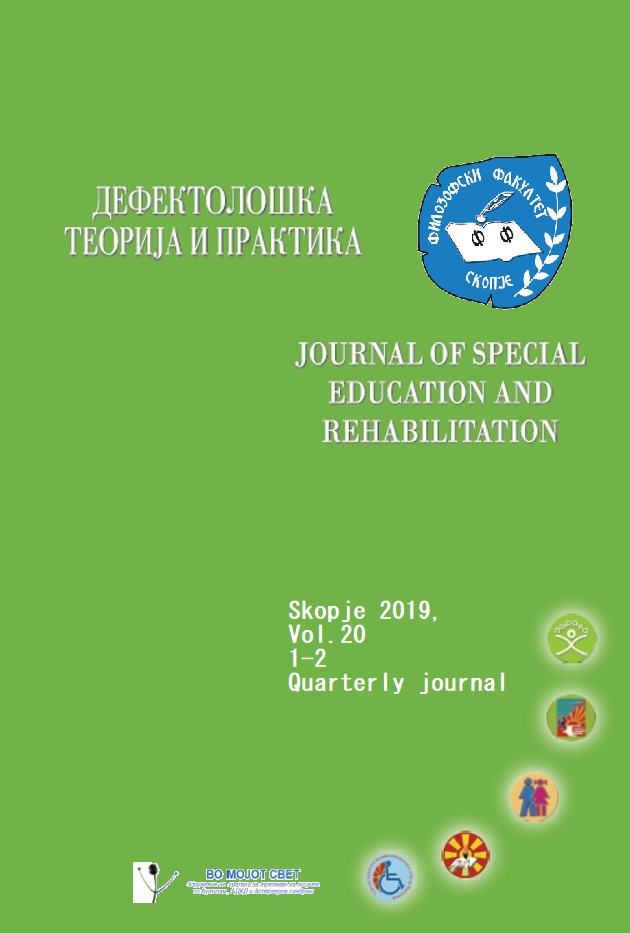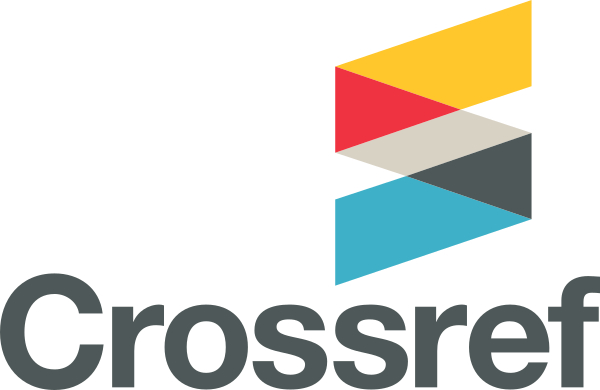JSER Policies
JSER Online
JSER Data
Frequency: quarterly
ISSN: 1409-6099 (Print)
ISSN: 1857-663X (Online)
Authors Info
- Read: 24082

WELCOME to the official web site of JSER
AIMS AND SCOPE
E-mail: jser.dtp@gmail.com
|
EDITORIAL |
|
|
|
|
|
|
|
Dear readers, |
||
|
|
|
|
|
The cross-cultural perspective and character of our edition allows us to investigate problemsrelated to people with disabilities from different points of view, and to get new ideas and new knowledge within the frames of wide scientific discussion. The peculiarities of intercultural and interdisciplinary collaboration are distinctive and we expect that in the future our research partnerships will be stronger and branched. Guided by the positive trends in recent years, the integration of scientific research by scientists from various countries and this issue of our journal contains research carried out at universities and other institutions from different countries around the world. With a great pleasure I present you the issue 3-4 for 2018 year and I hope that the presented papers will bring you interesting and meaningful information, motivating you to continue with your scientific research and practical work.
|
||
|
|
||
|
|
||
|
Yours sincerely, |
||
Beneficiary's Bank:
National Bank of the Republic
of Macedonia, Skopje, Republic of Macedonia.
Giro account: 160010422778818
Tax number: 4080009100138
Publisher: Institute of Special Education and Rehabilitation, Skopje, Republic of Macedonia.
Share Us
Journal metrics
-
 SNIP 0.059
SNIP 0.059 -
 IPP 0.07
IPP 0.07 -
 SJR 0.13
SJR 0.13 -
 h5-index 7
h5-index 7 -
 Google-based impact factor: 0.68
Google-based impact factor: 0.68
10 Most Read Articles
- PARENTAL ACCEPTANCE / REJECTION AND EMOTIONAL INTELLIGENCE AMONG ADOLESCENTS WITH AND WITHOUT DELINQUENT BEHAVIOR
- RELATIONSHIP BETWEEN LIFE BUILDING SKILLS AND SOCIAL ADJUSTMENT OF STUDENTS WITH HEARING IMPAIRMENT: IMPLICATIONS FOR COUNSELING
- EXPERIENCES FROM THE EDUCATIONAL SYSTEM – NARRATIVES OF PARENTS WITH CHILDREN WITH DISABILITIES IN CROATIA
- INOVATIONS IN THERAPY OF AUTISM
- AUTISM AND TUBEROUS SCLEROSIS
- THE DURATION AND PHASES OF QUALITATIVE RESEARCH
- REHABILITATION OF PERSONS WITH CEREBRAL PALSY
- DISORDERED ATTENTION AS NEUROPSYCHOLOGICAL COGNITIVE DISFUNCTION
- HYPERACTIVE CHILD`S DISTURBED ATTENTION AS THE MOST COMMON CAUSE FOR LIGHT FORMS OF MENTAL DEFICIENCY
- DIAGNOSTIC AND TREATMENT OPTIONS IN AUTISTIC SPECTRUM DISORDERS – AN OVERVIEW

















